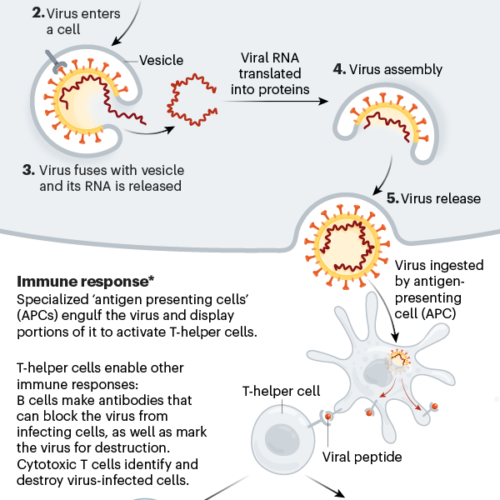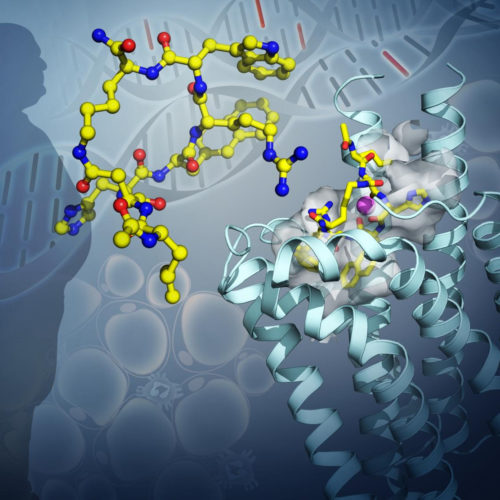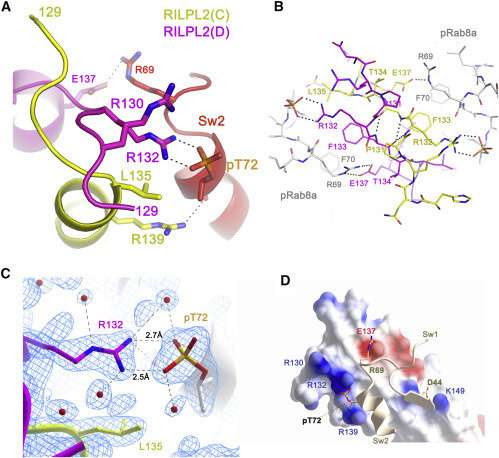Eight ways in which scientists hope to provide immunity to SARS-CoV-2 . More than 90 vaccines are being developed against SARS-CoV-2 by research teams in companies and universities across the world. Researchers are trialling different technologies, some of which haven’t been used in a licensed vaccine before. At least six groups have already begun injecting...
Tag: <span>Protein</span>
SYPHILIS ALTERS JUST 1 GENE TO EVADE IMMUNE ATTACK
The bacterium that causes syphilis likely uses a single gene to escape the immune system, according to new research. The finding may explain how syphilis can hide in the body for decades, frustrating the immune system’s attempts to eradicate it. It might also account for the bacterium’s ability to re-infect previously infected people who should...
An obesity protein discovery may lead to better treatments
BY YEKATERINA KADYSHEVSKAYA, USC The discovery comes just as new data are revealing that some of the hardest hit victims of COVID-19 suffer from obesity and other chronic conditions A USC-led international team of scientists has found the precise shape of a key player in human metabolism, which could lead the way to better treatments...
Research, Underexplored until Recently, Could Produce Alzheimer’s Treatments
By Kenneth S. Kosik | Scientific American Research into the brain’s protein-disposal systems, electrical activity and three other areas looks promising Attempts to treat Alzheimer’s have floundered because scientists have spent too little time thinking deeply about the underlying biology of this ailment. Recent advances in understanding the brain’s protein-disposal systems, the role of inflammation,...
Protein closely linked to commonest cause of blindness
An international team of scientists has identified a protein which is strongly linked to the commonest cause of blindness in developed countries when its levels are raised in the blood. The discovery is a major step forward in the understanding of age-related macular degeneration, which affects 1.5 million people in the UK alone. The study,...
Understanding how a protein wreaks havoc in the brain in Parkinson’s disease
by Ciara O’shea, Trinity College Dublin What causes neurons to die in Parkinson’s disease? Parkinson’s disease is a long-term (chronic) neurological condition that affects around 12,000 people in Ireland and between 7 and 10 million people worldwide. The disease affects the way the brain co-ordinates body movements like walking and talking, but cognitive abilities are...
Protein could offer therapeutic target for breast cancer metastasis
UNIVERSITY OF KENTUCKY LEXINGTON, Ky. (Feb. 5, 2020) – A new study by University of Kentucky Markey Cancer Center researchers suggests that targeting a protein known as heat shock protein 47 (Hsp47) could be key for suppressing breast cancer metastasis. Metastasis is when cancer cells spread from the primary tumor to surrounding tissues and distant...
Newly understood protein raises hopes of advanced arthritis treatments
By Nick Lavars Our body’s immune cells are highly effective patrol officers, springing into action when a foreign threat invades and poses a risk to our well-being. But they can be prone to cases of mistaken identity, incorrectly attacking healthy cells and joints to give rise to what we know as autoimmune diseases like rheumatoid...
Researchers regrow damaged nerves with polymer and protein
by University of Pittsburgh University of Pittsburgh School of Medicine researchers have created a biodegradable nerve guide—a polymer tube—filled with growth-promoting protein that can regenerate long sections of damaged nerves, without the need for transplanting stem cells or a donor nerve. So far, the technology has been tested in monkeys, and the results of those...
Identification of a key protein linked to ageing
by Pasteur Institute Ageing is a dramatic public health issue in the face of the current demographic changes: the proportion of 60 and over in the world’s population will almost double by 2050. In this context, a new discovery has just broadened scientific knowledge. Researchers from the Developmental and Stem Cell Biology Department at the...





